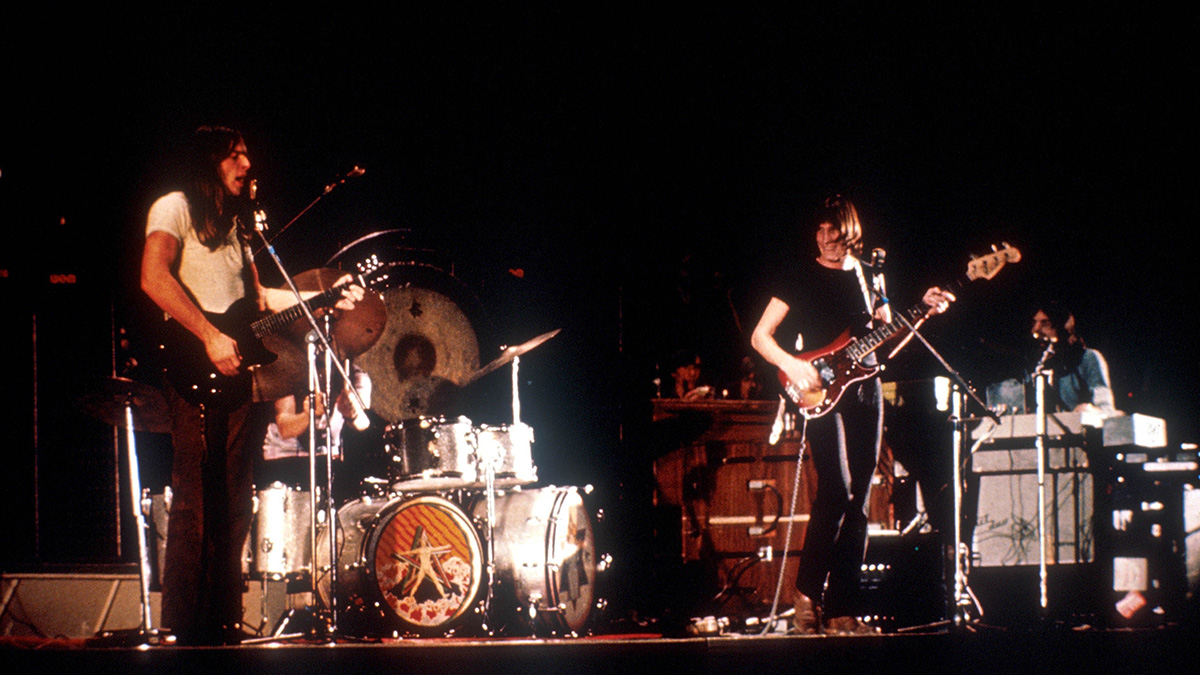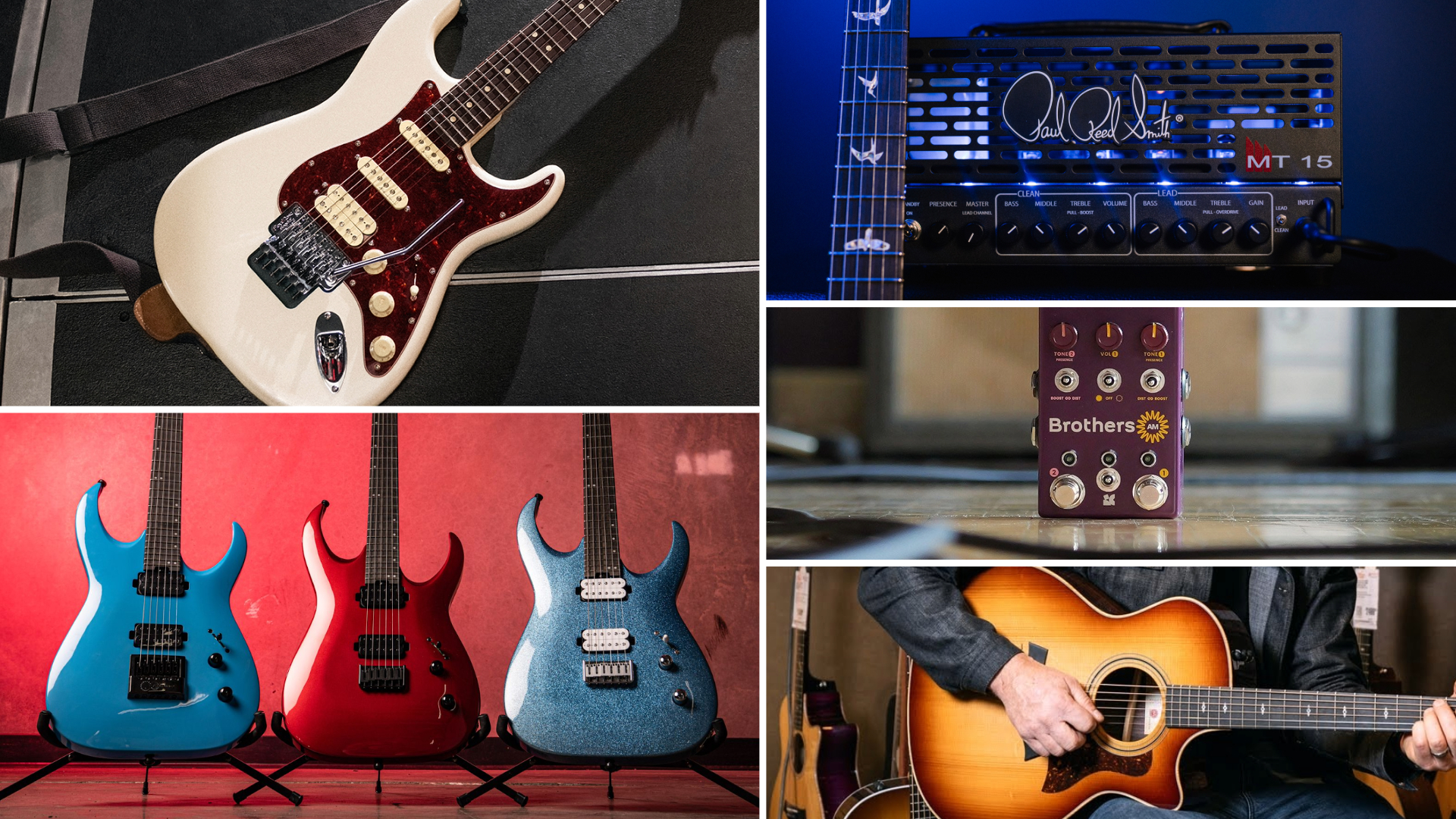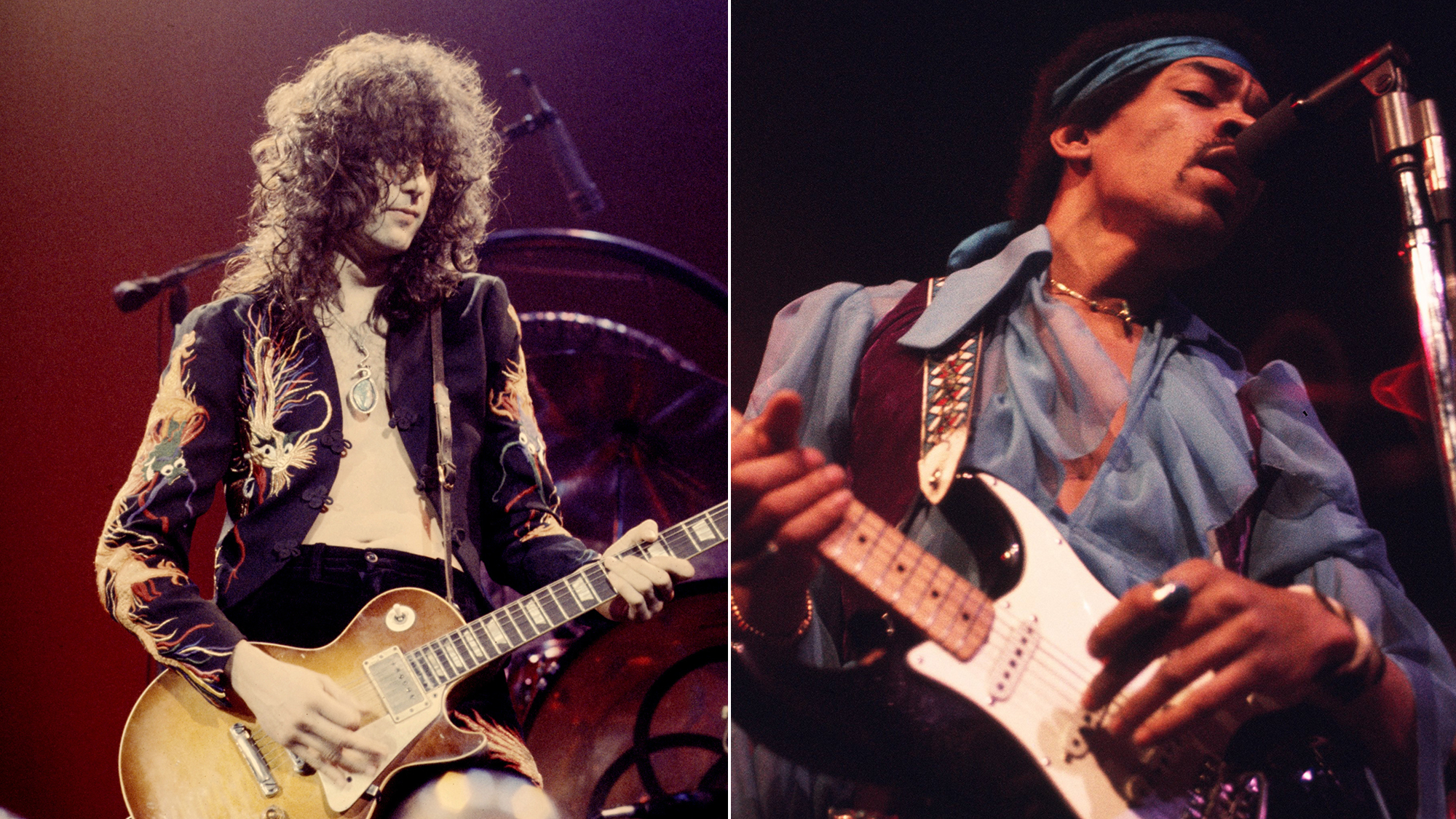“Drawing inspiration from the line that laid way for Fender’s sub-sonic signal processing”: Fender’s flagship Bassman pedal series will help you build the basics of any bass ‘board – and prices start from $99
Designed specifically for bass players, Fender's latest pedal family comprises keenly priced drive, fuzz, compressor, delay and reverb pedals – and there's room to grow
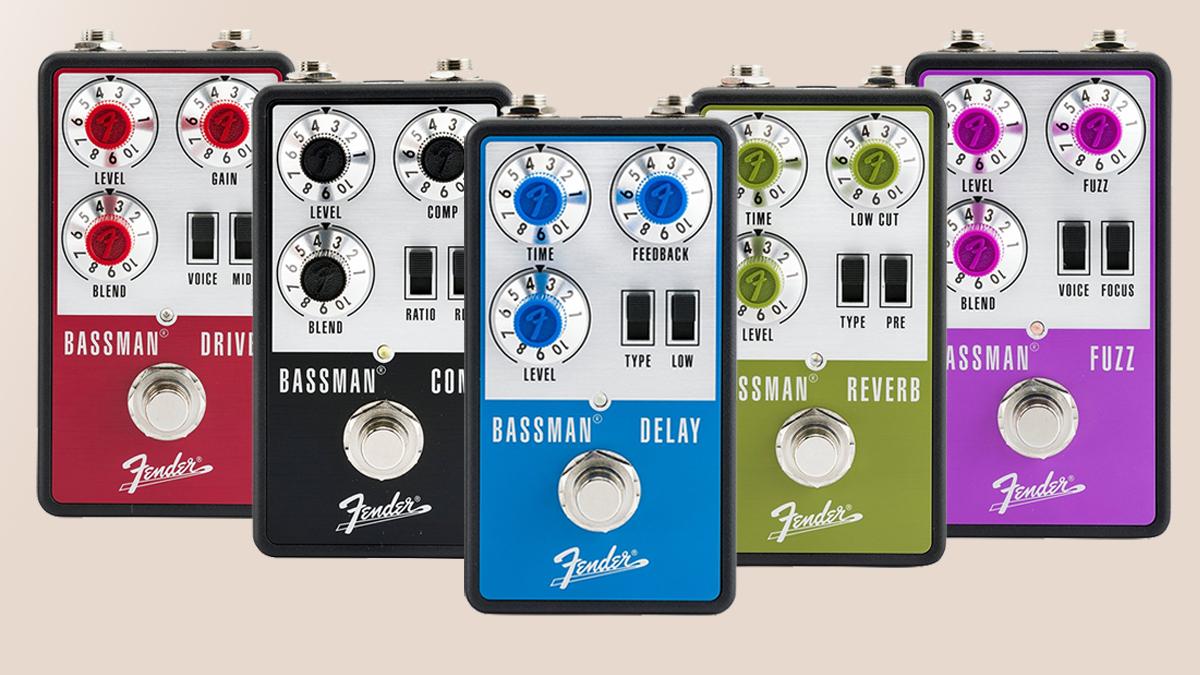
Fender’s ongoing summer showcase has continued apace with the unveiling of the Bassman effects pedal family, which has been designed specifically for bass guitar players.
Comprising five stompboxes that cover all, erm, bases, the Bassman pedal lineup notably takes inspiration from the vintage amps from which it got its name, using both digital and analog circuitry to deliver Driver, Fuzz, Delay, Reverb and Compressor tools.
As Fender explains, “Drawing inspiration from the original tube amp line that laid way for Fender’s sub-sonic signal processing, the Bassman pedal line hosts a collection of meticulously crafted analog and digital circuits all curated from the ground up for bass-centric tonal expansion.”
We imagine the Bassman range will prove to be particularly tempting to those looking to get into the world of bass effects, or players who are looking to expand their existing pedalboard on a budget.
The compressor, fuzz and drive units all weigh in at $99.99, making them rather keenly priced indeed.
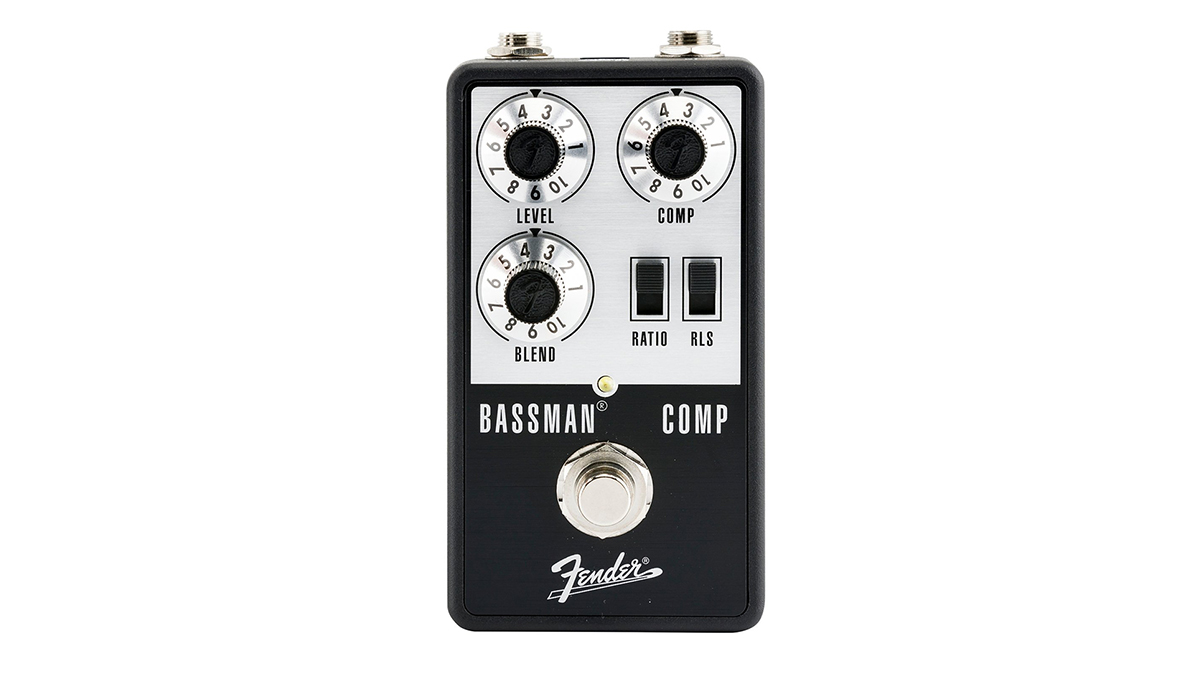
Electric guitar players will be more than familiar with the likes of JHS Pedals’ $99 3 Series, and Walrus Audio’s $99 Fundamentals catalog, so a collection of affordable, no-nonsense workhorse pedals, designed specifically for bassists, that can cover a wave of must-have tones is a smart move.
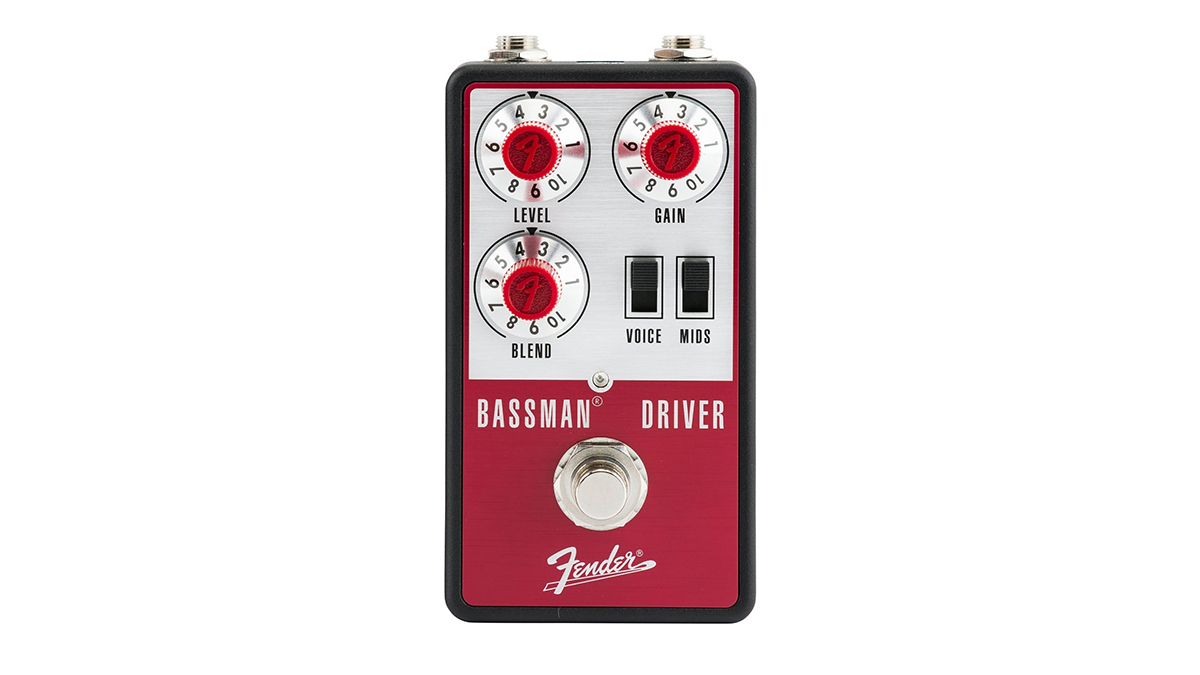
To our eyes, these could very much be Fender’s bass guitar answer to those ranges – perhaps they spotted a gap in the market here? – especially since all pedals arrive with the same uniform control configurations.
Get The Pick Newsletter
All the latest guitar news, interviews, lessons, reviews, deals and more, direct to your inbox!
To that end, the delay and reverb units are slightly more expensive at $199, but that increased cost comes as a result of the various DSP algorithms that have been “tailored specifically for bass instruments” and loaded into the pedals.
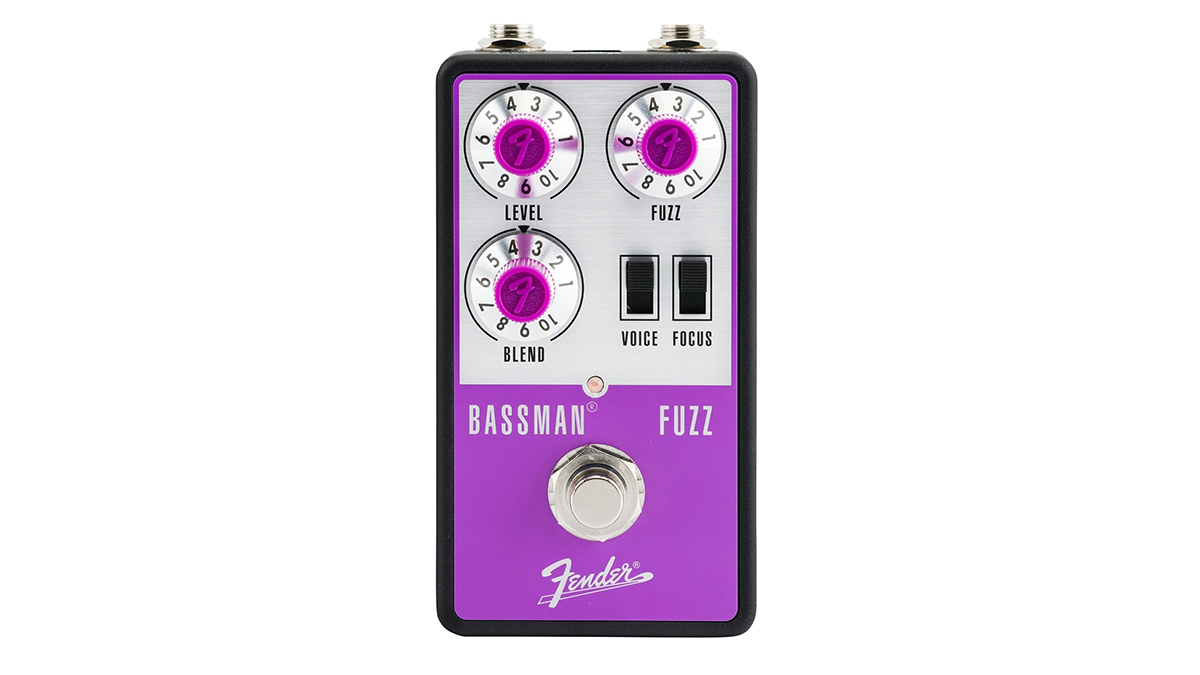
As mentioned, all pedals are the same size, and feature the same control layout comprising three parameters, two toggle switches and one bypass footswitch.
Level and Blend controls are consistent across the fuzz, delay and compressor pedals, which otherwise have effect-specific knobs to round out their parameter set.
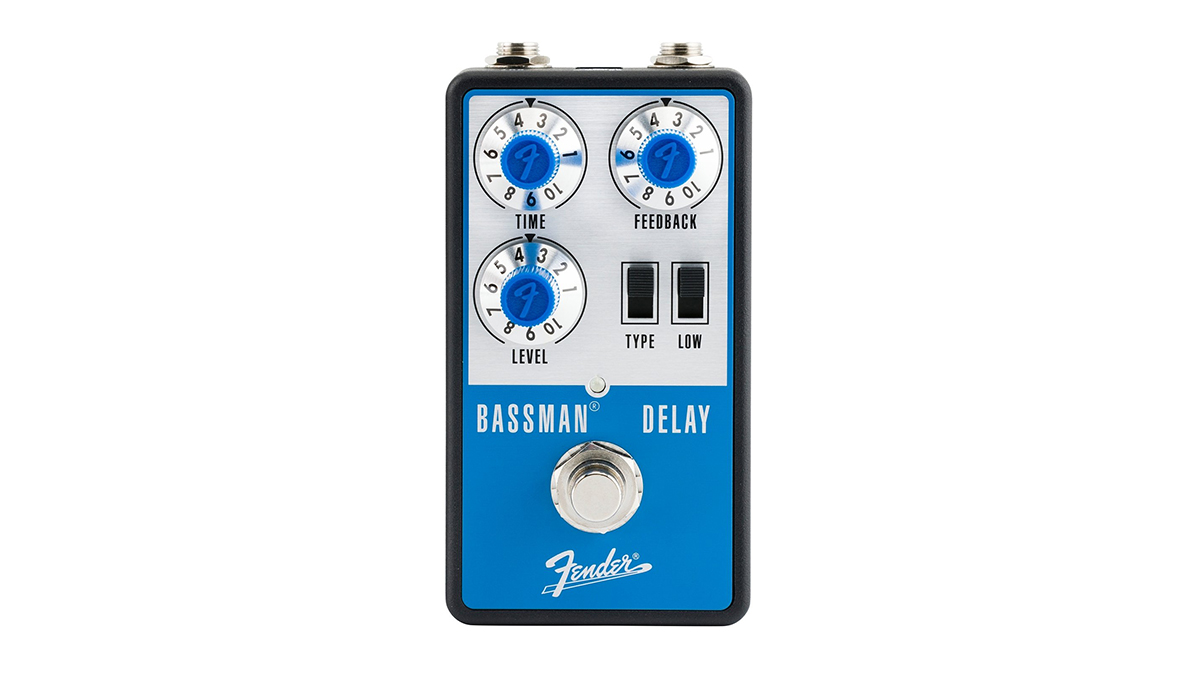
As for switches, the Bassman Fuzz has a Voice toggle that goes between vintage fuzz and a touch-sensitive modern alternative, as well as a three-position Focus switch that pinpoints which frequencies are fuzzed.
Elsewhere, the Driver has a two-position voice option that goes between modern distortion and a pushed Bassman tone, and a Comp switch, while the Compressor pedal has Attack and Release toggle switches.
Controls are equally intuitive for the Delay – Time, Level and Feedback knobs, as well as a Low Cut switch, and a toggle for analog or digital-inspired delays – and the Reverb, which offers Time, Level, Low Cut, Type and Pre-Delay parameters.
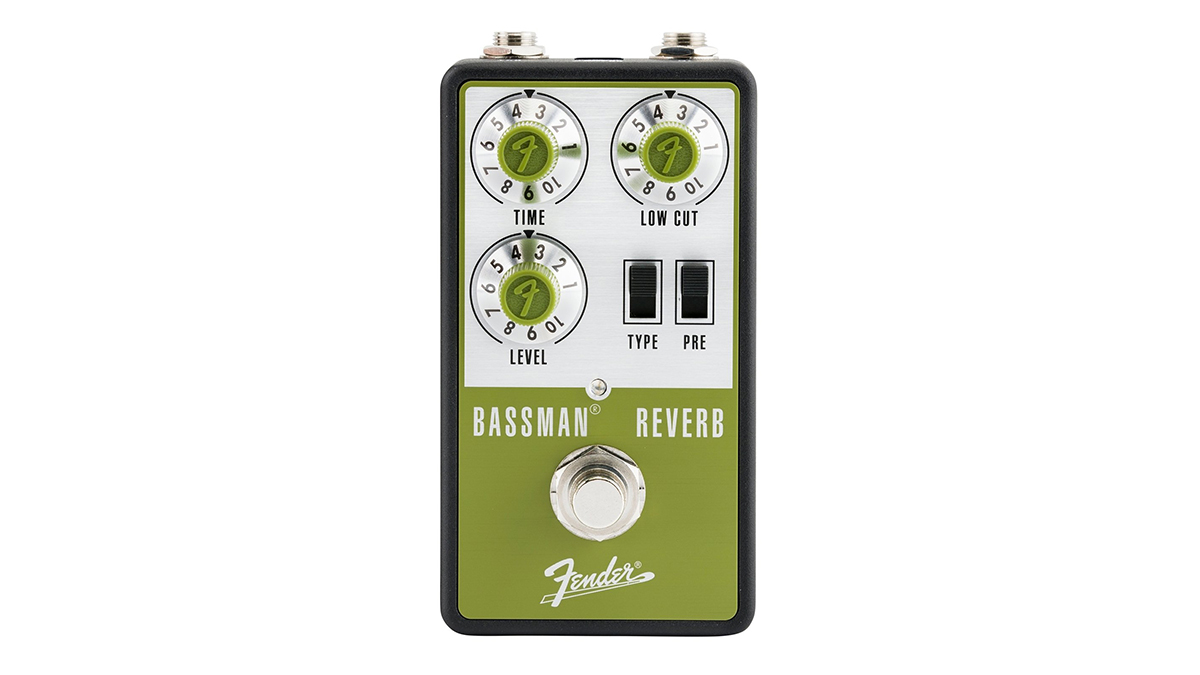
The Bassman pedal range will become available later this year.
Keep your eyes peeled on Fender for more details in the meantime.
Fender has been having a busy week, having already launched its first-ever tweed Tone Master amp, the Micro-sized Telepath wireless guitar system, and a suite of experimental American Performer Timber models.
On the Squier front, it's also radically expanded its Affinity series of electric guitars, and debuted the range's first six-string Jazz Bass VI.

Matt is the GuitarWorld.com News Editor. He has a Masters in the guitar, a degree in history, and has spent the last 16 years playing everything from blues and jazz to indie and pop. When he’s not combining his passion for writing and music during his day job, Matt records for a number of UK-based bands and songwriters as a session musician.
“The original Jordan Boss Tone was probably used by four out of five garage bands in the late ’60s”: Unpacking the gnarly magic of the Jordan Boss Tone – an actual guitar plug-in that delivers Dan Auerbach-approved fuzz
“This is a powerhouse of a stompbox that manages to keep things simple while offering endless inspiration”: Strymon EC-1 Single Head dTape Echo pedal review







